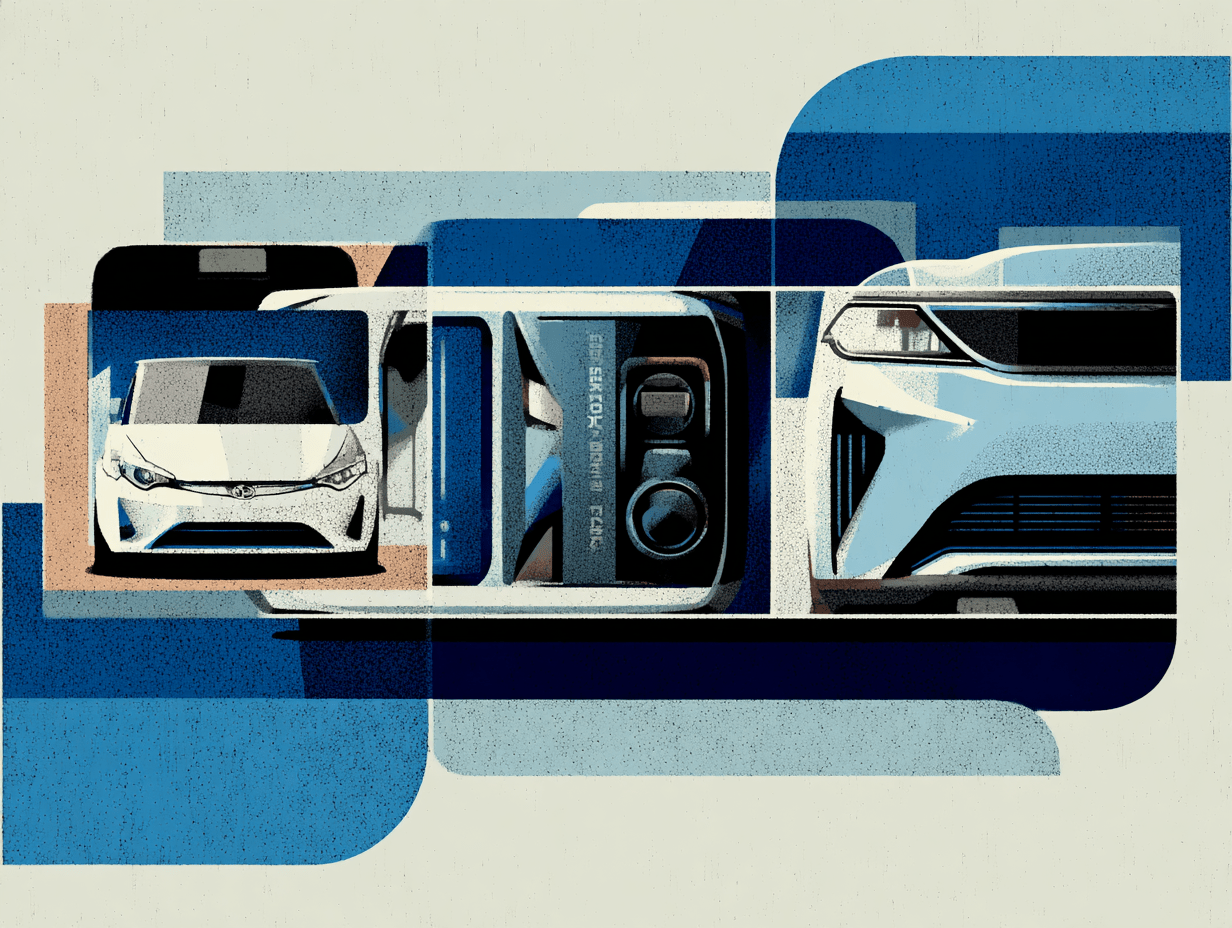Policy Brief n.47 - Who is Afraid of the Chinese?
One year after the EU imposed large anti-subsidy tariffs on imports of Chinese battery electric vehicles (BEVs), tariffs appear to have had little impact. A Policy Brief by Daniel Gros, Giorgio Presidente, and Niccolò Rotondi

-
File
This Policy Brief is part of an IEP@BU series of publications dedicated to the future of the automotive industry in Europe
Executive Summary
One year after the EU imposed large anti-subsidy tariffs on imports of Chinese battery electric vehicles (BEVs), tariffs appear to have had little impact. Imports into the EU have declined, but no more than in markets without tariff protection. Prices paid by EU consumers for Chinese BEVs have, if anything, fallen—mirroring price trends at the border and in other markets.
The most tangible effect of the EU’s BEV tariffs may therefore be fiscal: they could generate up to €2 billion annually in revenue for the EU budget. Replacing tariffs with a minimum price commitment from Chinese exporters would be inefficient, as it would amount to an implicit transfer from European consumers to Chinese producers.
Meanwhile, EU exporters of BEVs are gaining market share in many countries without tariffs, and the EU continues to run a sizeable and growing export surplus in BEVs. This contrasts with the popular narrative that subsidized, technologically superior Chinese producers are displacing EU manufacturers.
IEP@BU does not express opinions of its own. The opinions expressed in this publication are those of the authors. Any errors or omissions are the responsibility of the authors.


